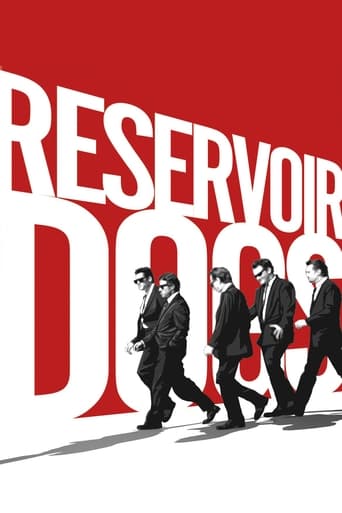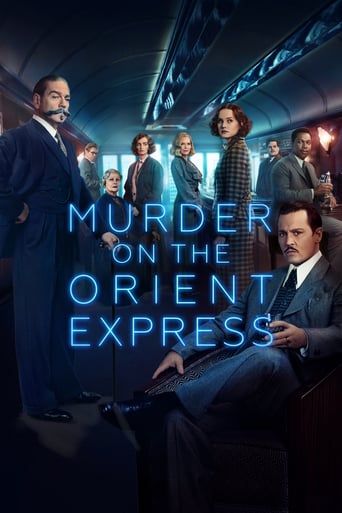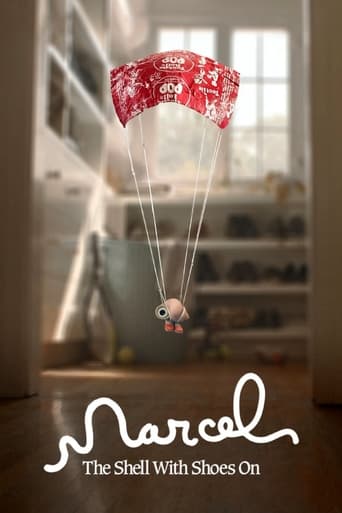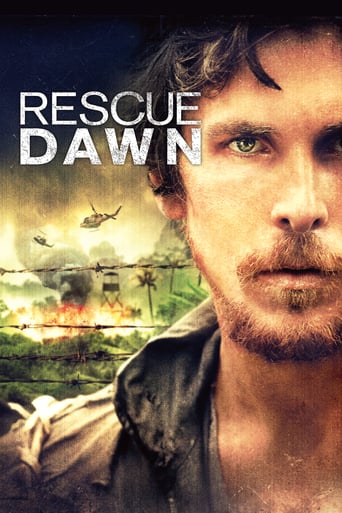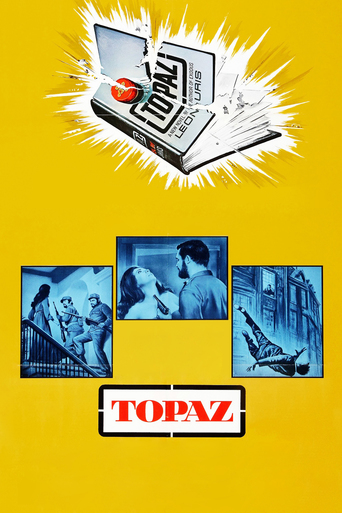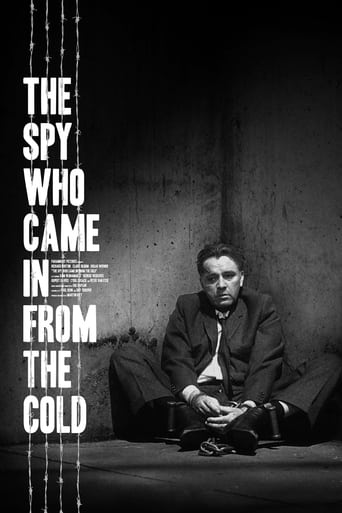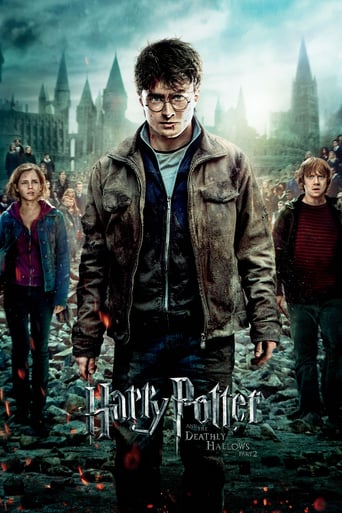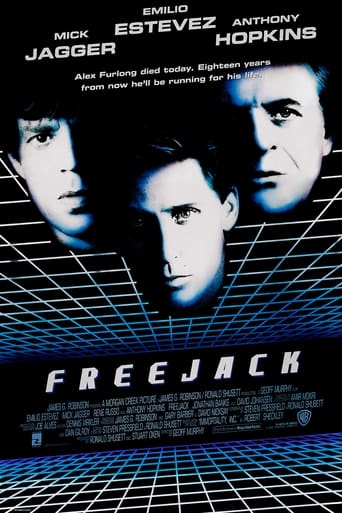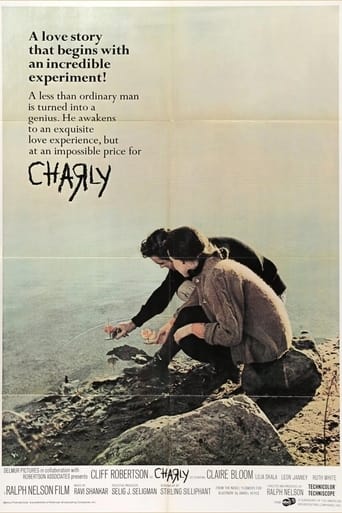


Charly
An experiment on a simpleton turns him into a genius. When he discovers what has been done to him he struggles with whether or not what was done to him was right.
-
- Cast:
- Cliff Robertson , Claire Bloom , Lilia Skala , Leon Janney , Ruth White , Dick Van Patten , Barney Martin


Similar titles
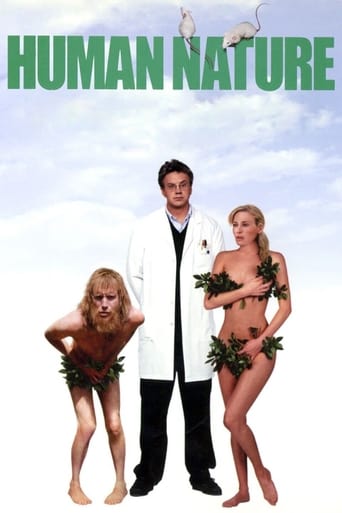
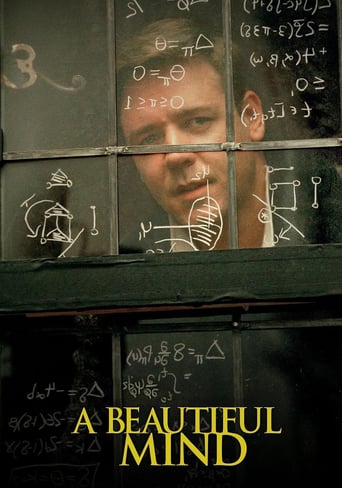
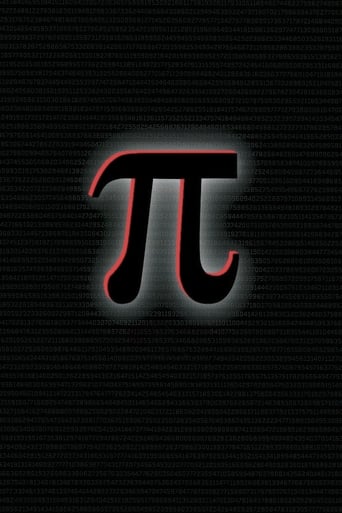
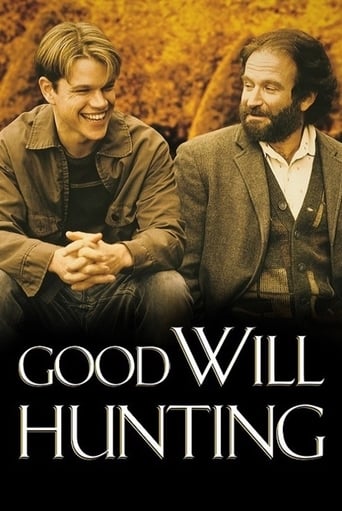
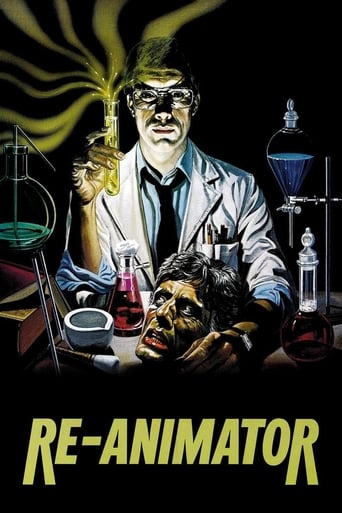

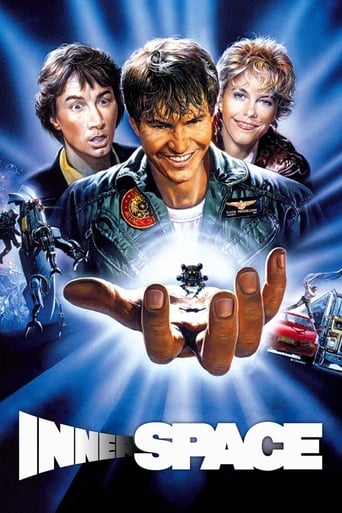
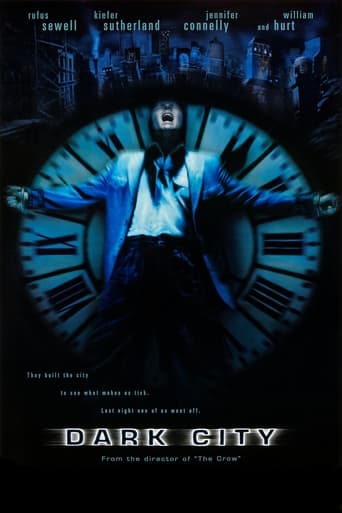
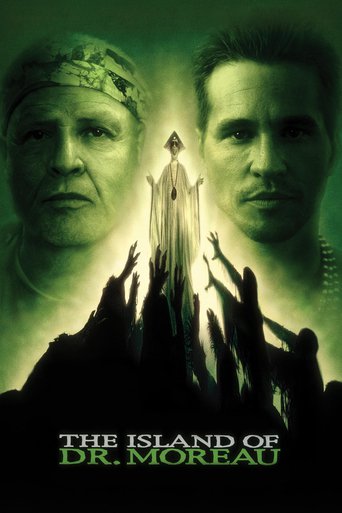
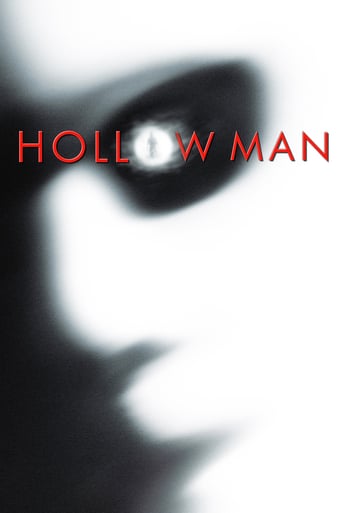
Reviews
I gave it a 7.5 out of 10
I cannot think of one single thing that I would change about this film. The acting is incomparable, the directing deft, and the writing poignantly brilliant.
The story, direction, characters, and writing/dialogue is akin to taking a tranquilizer shot to the neck, but everything else was so well done.
It is neither dumb nor smart enough to be fun, and spends way too much time with its boring human characters.
You know, I still haven't quite made up my mind which character I thought Cliff Robertson played the worst - The mentally defective, Charly Gordon? - or - The brilliant genius, Charly Gordon? If I was actually forced to make a decision about either one of Robertson's truly unconvincing portrayals, I guess I would have to go with his impersonation of the mentally defective, Charly Gordon. I mean, Robertson was so "aw-shucks!" bad that it was downright laughable at times.And, with that in mind, I honestly cannot believe that Robertson actually won an Oscar for his performance, portraying the 2 Charly Gordons. And, besides that, at 45, I thought he was way too old for his character.This 1968 picture (no matter how well-meaning its story was meant to be) not only left me quite dissatisfied with its half-baked theories regarding mental retardation, but, below is a list of 3 of my major beefs against it.(1) I think this film deliberately exploited retardation simply for the sake of a really cornball romantic angle.(2) I thought that it was pretty damn-low that therapist, Alice Kinnian, actually had sex with her patient (Charly Gordon), regardless of his progressing intellectual level.(3) When Charly finally transformed into "Mr. Genius", his character was so unable to see beyond his own sneering cynicism towards his fellow man that it left him incapable of offering any sound solutions to many of man's social/global blunders.Anyway - In conclusion - This was one film that I was hoping would be more than just some entertainment "fluff". But, that's all that it was. 'Cause it was certainly a far cry from being a worthwhile exercise into intellectualism, as it might have been.
Charly is an extremely kind, caring but mentally disabled man, living in a rigid society of the late 60's when little was known about mental disabilities, and anyone suffering from autism, Asperger's, Down's, etc. was stuck with the label "retarded." Charly undergoes an experimental treatment that changes his mind to that of a genius, but similar to the adverse effects on experimental subjects in 'A Clockwork Orange' and 'Firestarter', his genius mind has effects which are unwanted, on both Charly and the mouse, Algernon, that the treatment was tested on. Charly proves, through experiencing proper education, social interaction, love and imagination, things people had kept from him in the past, that he isn't just another statistic, he isn't just an experiment, he's a person, and messing with a person's mind, no matter the reason, can always have a chance of danger.I read 'Flowers for Algernon' in school, but because of the outdated view on mental retardation at the time this film was made, they refused to show it in class, which I can honestly understand. Autism has been in my family a while now and it's a difficult thing for people, especially young adults, to accept. I bought the film myself and watched it, and was very shocked at how close to the book and how sad it was. It was produced around the 'Summer of Love' and along with The Baby (1973), was the first film, although by today's standards both are highly outdated, to break the silence on the subject of mental disabilities. This led the way for various other films such as The Secret (1992), Dark Night of the Scarecrow (1981) and Phoebe in Wonderland (2008), movies that point out that people with trouble learning and doing certain things are not idiots, they just have a unique way of thinking and seeing the world.The soundtrack was an eerie melody of 60's-style hippie type music, melancholy at some points and cheerful at others. The acting, especially from Charly's character, was amazing, especially when considering the actor played both the part of a genius, and who society called a "retard", it's a huge contrast and I imagine quite a role reversal to portray.Charly (also known as Flowers for Algernon), is a powerful and thought-provoking film that may change the way all of us view life, the way we all view and judge people, based on anything different, and maybe we should all think twice about what we see as "normal".
Directed by Ralph Nelson and adapted from the novel 'Flowers for Algernon' by Daniel Keyes, the movie tells the story of Charlie Gordon (Cliff Robertson), a mentally handicapped bakery worker. I'm glad the movie change the title from Flowers for Algernon (which refers to the protagonist's fellow test subject - a white mouse) to Charly. Charlie soon become a test subject of his own, to an experiment to increase human intelligence. Led on, by his teacher Alice Kinnian (Claire Bloom) and other doctors, Charlie agree to the new surgical procedure, not knowing if it is going to work or not. When it was done on Gordon, things become clearer for him, leading to both positive triumph and negative tragic results. I have to say, without Cliff Robertson as Charlie Gordon, this movie wouldn't had work. Cliff Robertson brings in the role, both the childish charm, and the smarts. Cliff Robertson has always wanted to do this movie, ever since starting in the dramatic television TV Show's CBS's Steel Hour, where one of its episodes was 'The Two Worlds of Charlie Gordon', an adaption of the same novel by Daniel Keyes. After a number of his TV shows, in which he acted upon were turned into films with other actors playing his role, such as 1961's the Hustler & 1962's Days of Wine and Roses. Robertson bought the rights to the story, hoping to star in the film version one day. To my knowledge, I heard that 1961's TV episode and this movie written by Stirling Silliphant are mostly similar to each other in the beginning, but the movie has some really awful montages to make the length of the story longer than a one hour movie. There is the awful creepiest and disturbing series of montages about Charlie learning about love & sex. The movie could had explore it in a clever way, but it just goes off the wall acid trip with awkward sexually assaults. The film uses a montage sequence to show Charlie with a mustache and goatee riding a motorcycle, kissing a series of different women, smoking and dancing. It's never explain if it was just a dream or it really did happen. I thought it really went so far off from the rest of the film, that it was distracting. I know, the producers probably wanted to show that he is going through extreme adolescence due to the speed of knowledge being fed into him, but I really doubt a growing genius is going to go all Brando from the Wild Ones. He's more liking to become a book nerd than that. About the romance, I thought it could had been told better, when he passes normal IQ and moves into the genius category. I would love to see the film explain more on his emotional development falling behind, as he become more misanthropy jaded and cynical. Unlike other critics, I love the Q&A sequence. It really hits home to see how much he was right about society in the future. You can really tell, the movie was made in the 1960's with this sequence in the film. You get all those split screens, multiple images, still shots or slow motion that kinda works, but also dissonantly out of place. It could had work more, if the movie follow the same format as the book. The book was told entirely in journal entries or progress reports. It does a wonderful job of showing how Charlie's intelligence changes. It is often used in School Study Media. There are many different between the book and the film version. The movie barely spoke about Charlie's abusive parents. Charlie's sexual issues are due to traumatic experiences with his mother, Rose; he almost has a reverse Oedipus Complex, fearing his mother and relying on his father for protection. There is no mention of the character of Fay Lilliman that was Charlie's love interest besides Alice. She was an overtly sexual, artistic, and whimsical person that could had been used in the scenes between Charlie as an adolescence male and Charlie as an ego mastermind. Nor does the movie explore Charlie's dealing with homosexuality. There isn't any mention of the religion tones such as the speech about Adam & Eve and the tree of knowledge. I found the biggest lost is the symbol of the window. The window symbolizes the emotional distance that Charlie feels from others of normal mental ability. I understand that even a slim novel has to be trimmed to fit into movie form, but other things were added that brought nothing of comparable value to the film. Film's direction is a bit clumsy in the middle, but it does find the right path by the end. I love the metaphors mention of Plato's Allegory of the Cave & Don Quixote. That really got me to like it. People who've read the literary work before seeing the film are usually biased against the film. I am definitely not part of that crowd, I found the movie thought provoking. The movie does show the mistreatment of the mentally disabled. There is a key scene where Charlie as a genius, helps a retarded waiter whose clumsiness is cruelly laughter at by the pub's patrons. This is after he finds out that he also been mistreated at his own job by his co-workers and Charlie himself repeatedly looks down on those around him for not being at his level of super-intelligence. Charlie struggles with the same tendency toward the same prejudice and condescension he has seen in other people, when dealing with the mentally disabled. Then there is the tension between intellect and emotion. Are people more compassionate, warm, and friendly when dumb down or when you gains intelligence, we tend to fight more often? Overall: Albert Einstein once quoted 'the different between stupidity and genius is that genius has it's limited'. While this movie is indeed limited, it was worth watching
At the risk of revealing my approximate age, I will tell you that forty years ago I considered this movie to be excellent and was greatly impressed with the performances of Cliff Robertson and the beautiful Claire Bloom. Alas, time has gone by and after watching this movie again my opinion has changed. What I once considered to be a sensitive dramatization of the plight of the mentally challenged is today little more than typical simplistic Hollywood hokum. For this movie to be truly effective it has to has some connection to reality, and here the movie fails. This movie asks the audience to believe that a man, who according to the movie is a moron, is transformed into an idiot savant bordering on genius and then mysteriously regresses but while in the genius phase has a relationship with his psychologist who disregards every ethical and legal standard of her profession to act out her counter-transference fantasies. The question here is: who is more maladjusted? The hapless patient who is a victim of a weird experimental procedure, something that a Nazi scientist would have concocted and then goes awry, an experiment conducted apparently without the patient's informed consent, or his pathetic out-of-control psychologist who takes advantage of her patient for her own personal gratification? Also the performances themselves are unconvincing. Even in the "moron" phase Cliff Robertson does not seem mentally slow enough or disabled enough to warrant undergoing a radical experimental procedure and Claire Bloom's performance as the psychologist borders on the laughable. Her behavior is so erratic and irresponsible that I was waiting for the scene where someone calls the state licensing board to demand the revocation of her license. One of the lowest points of the movie is when Ms. Bloom's character asks, no begs, Charly to marry her after they find out that the operation has failed. It would have been better if Charly had said yes so that in the next scene the psychologist could be shown acting out her maternal fantasies with the now post-genius "moronic" Charly who is again babbling like a child but at least now has a surrogate mother to take care of him while they sleep in the same bed as husband and wife. Ugh!The purpose of a therapeutic relationship is to help the patient improve their functioning in society. The clinician is supposed to closely monitor the patient's progress toward achieving certain goals, utilizing the most effective and appropriate therapeutic techniques to achieve these goals - all for the benefit of the patient, not the therapist. However, in this movie the therapist's only goal is to have sex with the patient who has undergone a remarkable intellectual transformation but is still a patient. Ultimately the therapist's self-serving acting out hurts the confused and bewildered patient who is permitted, indeed encouraged to act out his sexual fantasies with his therapist. The movie provides a sensationalistic and completely unfair portrayal of mental health services.


